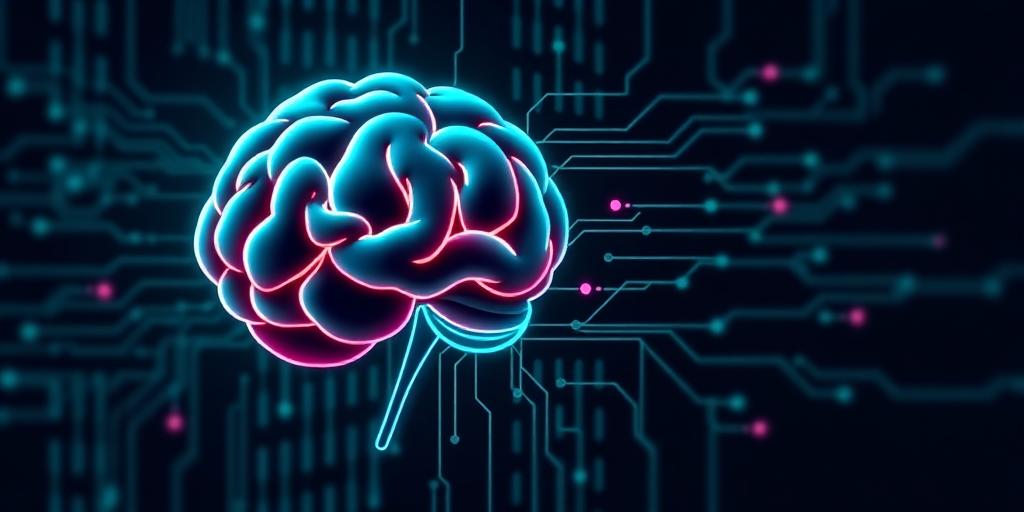Data Privacy in the Age of AI: Are We Losing Control?
Artificial intelligence (AI) is rapidly transforming our world, offering unprecedented opportunities for innovation and progress. However, this technological revolution also raises critical concerns about data privacy. As AI systems become more sophisticated and data-hungry, it's essential to examine the potential risks and consider whether we are losing control over our personal information.
The Expanding Reach of AI
AI's ability to process and analyze vast amounts of data has led to its widespread adoption across various sectors. From healthcare and finance to marketing and law enforcement, AI algorithms are being used to make decisions that impact our lives. These systems often rely on personal data to function effectively, raising questions about how this information is collected, stored, and used.
The Challenges to Data Privacy
Several factors contribute to the challenges of maintaining data privacy in the age of AI:
- Data Collection: AI systems require large datasets to learn and improve. This often involves collecting data from various sources, including social media, online browsing activity, and even wearable devices. The sheer volume of data collected makes it difficult for individuals to maintain control over their personal information.
- Data Storage: AI systems often store data in centralized locations, making it vulnerable to breaches and cyberattacks. A single data breach could expose the personal information of millions of individuals.
- Data Usage: AI algorithms can use personal data in ways that individuals may not anticipate or understand. For example, AI systems can analyze data to predict consumer behavior, assess creditworthiness, or even identify potential criminals. This raises concerns about fairness, transparency, and accountability.
Regulatory Landscape
Several regulations have been put in place to address the challenges of data privacy in the age of AI. The General Data Protection Regulation (GDPR) in Europe and the California Consumer Privacy Act (CCPA) in the United States are two prominent examples. These laws aim to give individuals more control over their personal data by requiring organizations to be transparent about their data practices, obtain consent for data collection, and allow individuals to access, correct, and delete their data.
Protecting Your Data Privacy
While regulations play a crucial role, individuals must also take proactive steps to protect their data privacy. Here are some practical tips:
- Be mindful of the data you share online: Before sharing personal information on social media or other online platforms, consider the potential risks.
- Use strong passwords and enable two-factor authentication: This will make it more difficult for hackers to access your accounts.
- Review privacy policies: Take the time to read the privacy policies of the websites and apps you use.
- Adjust your privacy settings: Configure your privacy settings to limit the amount of data that is collected about you.
- Use privacy-enhancing technologies: Consider using tools like VPNs, ad blockers, and privacy-focused browsers to protect your online activity.
The Future of Data Privacy
As AI continues to evolve, it's crucial to develop new approaches to data privacy. Some promising areas of research include:
- Federated learning: This technique allows AI systems to learn from data without actually storing it in a central location.
- Differential privacy: This approach adds noise to data to protect the privacy of individuals while still allowing AI systems to learn useful patterns.
- Homomorphic encryption: This technology allows AI systems to perform computations on encrypted data without decrypting it first.
Conclusion
The age of AI presents significant challenges to data privacy. While AI offers tremendous potential for progress, it's essential to address the risks and ensure that personal data is protected. By understanding the challenges, following best practices, and supporting innovative privacy-enhancing technologies, we can harness the power of AI while safeguarding our fundamental right to privacy.









